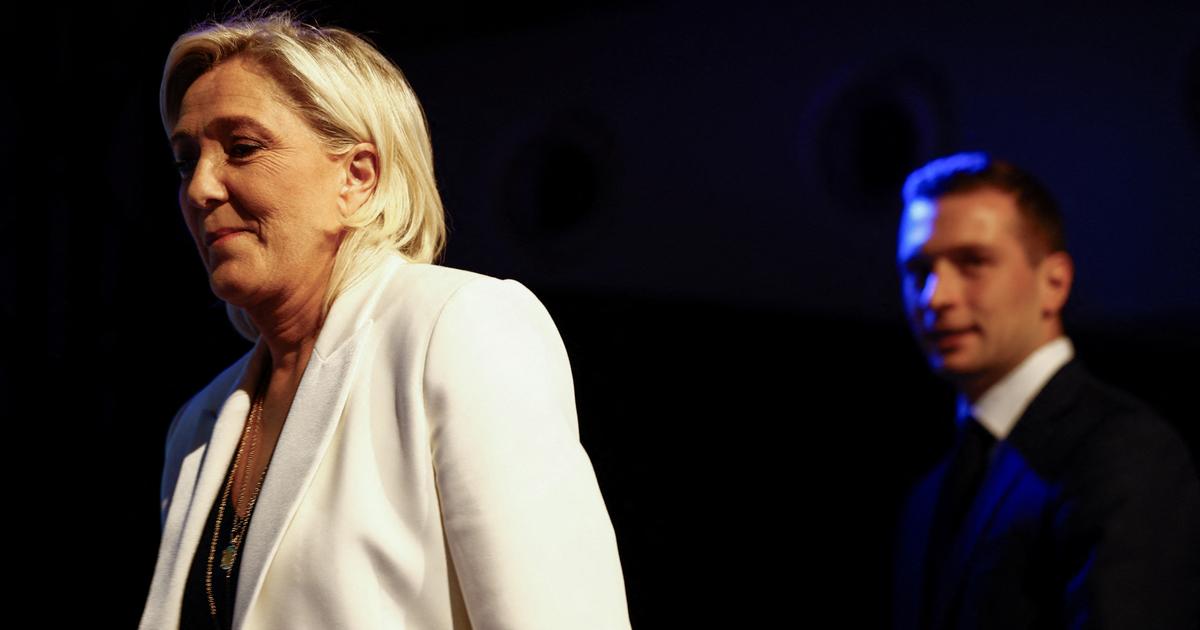European Elections 2024: Union Triumphs Amidst Record Voter Turnout
The 2024 European elections in Germany concluded with the Union parties (CDU and CSU) securing a significant victory. The results, published on June 10th, showed the Union parties leading with 30.0% of the vote. This victory came at the expense of the traffic light coalition (SPD, Greens, and FDP), which suffered a debacle. The AfD emerged as the second strongest party with 15.9%. Meanwhile, voter turnout reached a record high of 64.8%, the highest since the reunification of Germany.
CSU chairman Markus Söder called for immediate consequences for the traffic light parties, emphasizing that their poor performance in the European elections signaled potential setbacks in the upcoming state elections. Jens Spahn of the CDU echoed these sentiments, suggesting that Chancellor Olaf Scholz had lost touch with the people.
In Italy, the right-wing Prime Minister Giorgia Meloni and her party Fratelli d'Italia celebrated a landmark victory, securing between 26% and 30% of the vote. This outcome reflects Meloni’s strengthened position since the 2022 legislative elections. Despite leading the government, Meloni's campaign focused on gaining national validation.
France also witnessed a considerable shift to the right, with the National Rally (RN) led by Jordan Bardella winning 32.4% of the vote. This result dwarfed the presidential majority, which garnered only 15.2%. Following the RN were the Socialist Party-Public Square at 14.3%, and below the 10% threshold were La France insoumise, Les Républicains, Ecologists, and Reconquête!
In Belgium, right-wing parties also made significant gains. The Neo-Flemish Alliance emerged as the strongest force with 18%, followed by the right-wing extremist Flemish party Vlaams Belang with 15%. This shift resulted in the resignation of the Flemish liberal Alexander De Croo as prime minister, spelling potential changes for Belgium’s federal government formation.
Ursula von der Leyen, President of the European Commission, lauded the performance of her EPP party family, which secured 186 seats, making it the strongest political group in the European Parliament. She emphasized the need for a coalition to form a bulwark against extremist political forces. This sentiment was reflected in the results as center-right parties made significant gains across Europe despite the rise of far-right parties.
- The 2024 European elections saw significant political shifts in several EU countries. The traffic light coalition in Germany suffered extensive losses, prompting calls from CDU and CSU leaders for changes in government policy, particularly around migration issues.
- Italy's Giorgia Meloni emerged strengthened from these elections, reflecting her ability to maintain voter support since taking office in 2022. Her party’s significant gains underscore a prevailing nationalist sentiment in Italy.
- France's National Rally’s substantial lead indicates a solidifying right-wing presence, which may affect future national policies and the European Parliament’s dynamics.
- In Belgium, the success of right-wing parties signals a move towards more conservative policies, resulting in political upheaval and leadership changes.
- Ursula von der Leyen’s EPP party family likely to play a crucial role in shaping the future of the European Parliament amid rising extremism on both ends of the political spectrum.






